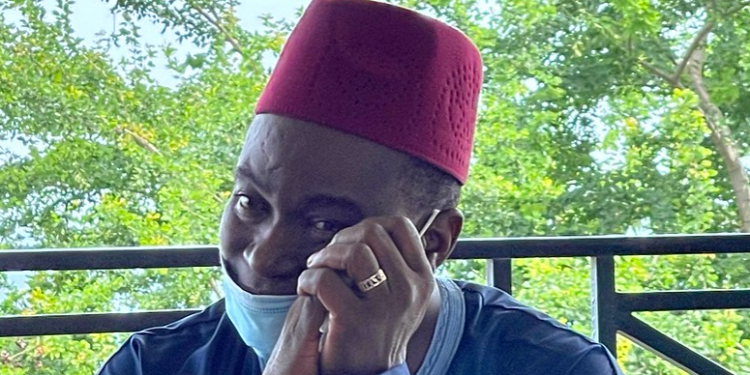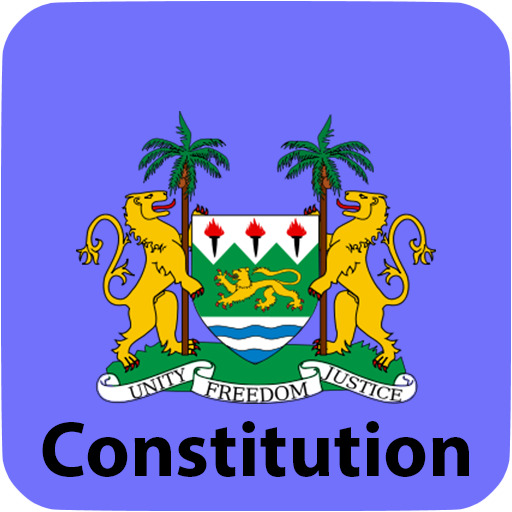By Mackie M. Jalloh
The All People’s Congress (APC), Sierra Leone’s main opposition party, has made a pivotal announcement, declaring that Dr. Samura Mathew Wilson Kamara, its 2023 presidential candidate, is no longer the leader of the party. This decision was broadcast on AYV Television’s Wake Up Sierra Leone show, where APC’s National Publicity Secretary, Sidi Yayah Tunis, confirmed the move. The unexpected development has stirred debate within the party and among political observers about the future of the APC and Kamara’s role in shaping the political landscape of Sierra Leone.
Citing Section 47 of the APC Constitution, Tunis explained that the party had invoked this provision to make the decision. However, during the televised announcement, Tunis did not provide a detailed interpretation of this section, leaving room for speculation about the specific legal reasoning behind the move. Dr. Samura Kamara, who ran against President Julius Maada Bio in the highly contested June 2023 elections, has long been one of the APC’s most influential figures. His leadership and public appeal garnered him substantial support, making him a key player in Sierra Leonean politics. For years, Kamara has embodied the party’s resistance against the ruling Sierra Leone People’s Party (SLPP), and his removal from the leadership position signals a significant shift in the APC’s internal dynamics.
The timing of this decision is notable, as it comes in the wake of the APC’s electoral defeat and amid a broader period of reflection and restructuring within the party. After losing the presidential race to the SLPP in 2023, the APC has faced mounting pressure to reinvent itself and align its leadership with the evolving demands of its support base. However, the removal of Kamara, a figure associated with the party’s legacy, suggests that deeper fractures within the party’s leadership structure may be emerging.
The APC’s move to replace Kamara raises numerous questions about the party’s strategic direction, as it must now find a new leader capable of unifying its members and rallying its supporters ahead of future elections. While some within the party view Kamara’s exit as necessary to open the door for new leadership, others believe his removal might weaken the party’s stance at a time when it needs stability and cohesion.
Political analysts have pointed out that this decision could create new opportunities for ambitious figures within the APC to assert themselves as potential candidates for the 2028 elections. However, without a clear succession plan or communication from the party, uncertainty looms over who will assume the mantle of leadership. The APC will need to act quickly to clarify its next steps, as any prolonged ambiguity could further fragment the party at a time when it must work to rebuild trust and momentum.
Speculation is rife that the APC’s internal power struggles may have played a role in Kamara’s ousting. It is no secret that various factions within the party have jostled for influence in the wake of the 2023 electoral loss, and Kamara’s departure could reflect the culmination of those tensions. While Kamara remains a well-known figure in Sierra Leonean politics, his removal could mark the end of an era for the APC, signaling that the party is ready for a generational shift in leadership.
As news of Kamara’s removal spreads, political commentators are closely watching how the APC handles the fallout. Dr. Kamara himself has not yet publicly commented on his removal from the leadership role, leaving many to wonder what his next political move will be. His future actions, whether he chooses to remain active within the APC or pursue a different path, will likely have lasting implications for the party’s trajectory.
As Sierra Leone’s political landscape evolves, the APC must navigate this critical moment carefully to avoid further internal discord and position itself as a viable alternative to the SLPP. With Kamara no longer at the helm, the party faces the difficult task of identifying a leader who can both uphold the party’s values and appeal to the wider electorate.













